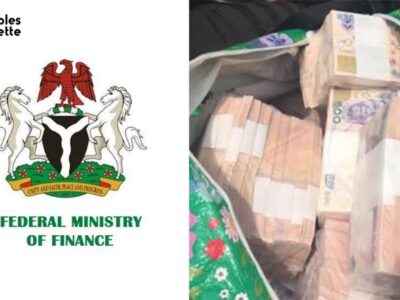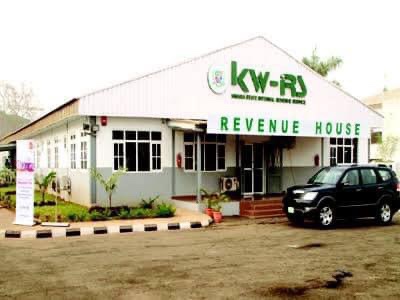The World Bank has said that a large share of Nigeria’s resources have financed inefficient and regressive subsidies which benefit primarily wealthy households in the country.
It added that Nigeria needed to fix its public finances to promote inclusive and sustainable development.
Specifically, this is contained in the World Bank Nigeria Public Finance Review Report released on Monday, November 21, in Abuja.
According to the report, macroeconomic and fiscal reforms are urgently needed to lift Nigeria’s development outcomes; which are severely constrained by inefficient use of resources.
“For years, a large share of Nigeria’s resources have financed inefficient and regressive subsidies for petrol, electricity, and foreign exchange.
“Not all these subsidies are accounted for in the budget, which makes them difficult to track and scrutinise.
“However, available data suggest that these subsidies; which accounted for more than the amount spent on education, health, and social protection in 2021; benefit primarily wealthy households.”
Moreover, the statement said that these subsidies also distort incentives, discourage investment, and crowd-out spending on pro-poor programmes; thereby, hindering progress in Nigeria’s social development.
As a matter of fact, it said Nigeria had one of the lowest public expenditure and revenue levels in the world; undermining the government’s ability to improve service delivery.
“Between 2015 and 2021, total public spending in Nigeria averaged 12 per cent of Gross Domestic Product; less than half the world average of 30 per cent.”
“Therefore, one of the most critical aspects of meeting Nigeria’s vast development needs lies in raising more revenues, as the country ranks consistently among the world’s poorest-performing countries in terms of public revenue mobilisation.
“With total revenues averaging just seven per cent of GDP in 2015-2021, far below the global average of 24 per cent. ”
Further, it said low tax rates and poor utilisation of tax bases, weaknesses in tax administration; as well as large deductions from oil revenues were constraining Nigeria’s inability to generate enough revenues.
Additonally, the statement quoted the World Bank Group President, David Malpass, as saying “Nigeria’s government urgently needs to strengthen fiscal management and create a unified, stable market-based exchange rate.
“The government also needs to phase out its costly, regressive fuel subsidy and rationalise preferential trade restrictions and tax exemptions.
“These would lay the groundwork for the increases in public revenues and spending needed to improve development outcomes.”
Also, Malpass said decisive moves would significantly improve the business-enabling environment in Nigeria, attract foreign direct investment, and reduce inflation. Consequently, he said the World Bank was ready to increase support to Nigeria as it designs and implements these critical reforms.










Comments